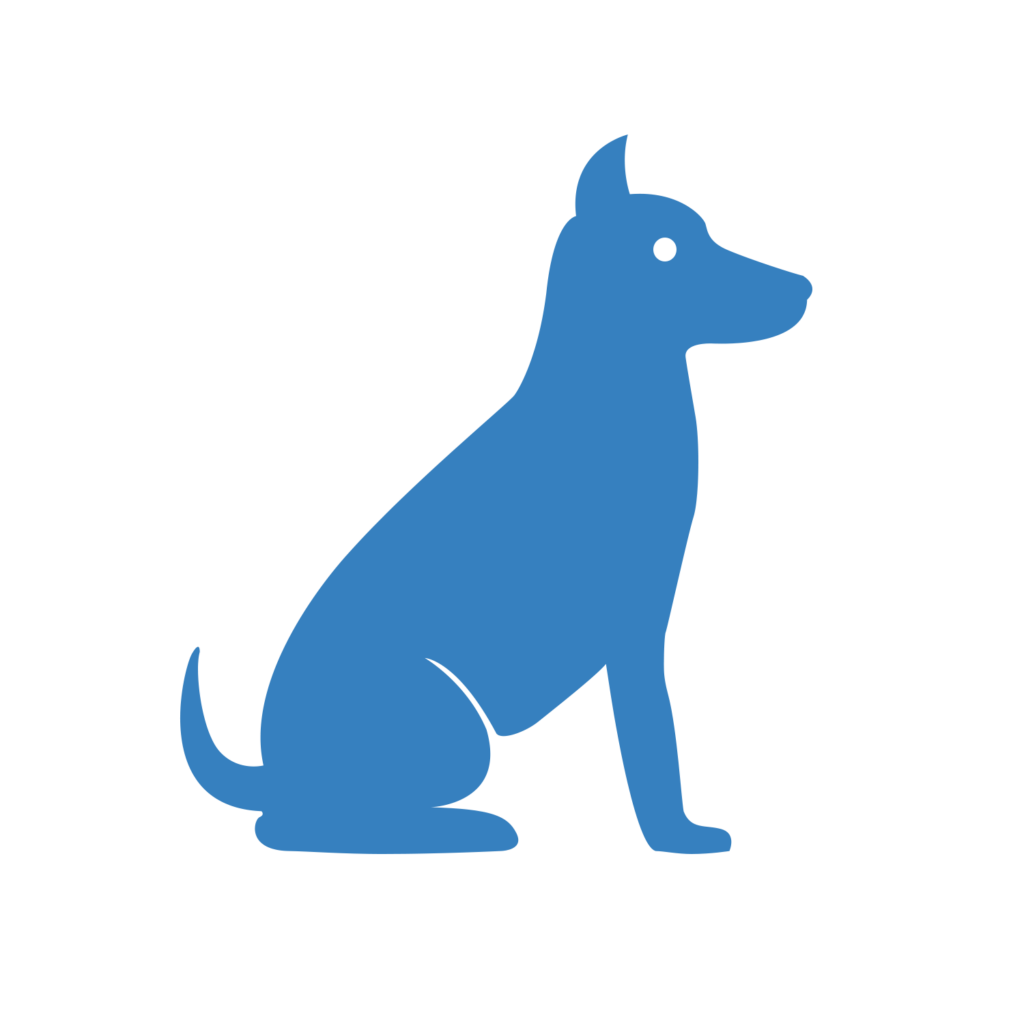

Rod-Cone Dysplasia Type 1
Turnaround: 3-5 business daysTurnaround: 7-10 business days
Price: $45.00Price: £40.00
Breeds: Irish Red & White Setter, Irish Setter, Mixed Breed, Unspecified
Description
Rod-cone Dysplasia Type 1 (rcd1-PRA) is a form of progressive retinal atrophy (PRA), with early onset of the disease. This inherited disease was originally identified in Irish Setters in the United Kingdom and has long been established as an autosomal recessive disease. Autosomal recessive diseases are diseases that can be passed from either parent and require two copies of the gene to show symptoms. Animal Genetics tests for both rcd1-PRA and rcd3-PRA.
In Irish Setters, rcd1 is caused by a nonsense mutation in a G>A transition. The mutation creates a premature stop codon. This means that there is an interruption in the DNA, causing the mutated enzyme to be 49 amino acids shorter. The amino acids normally form a protein. However, due to the mutation, the protein is shortened and cannot fulfill its normal function. Photoreceptor cell degeneration in the eyes begins from 10 days of age. Degeneration continues for up to a year until the dog is totally blind. There is no known cure for rcd1 disease.
Because rcd1-PRA is a recessive disorder, a dog must have two copies of the mutation in order for the disease to manifest. This means that a dog can have one copy of the mutation and not experience any signs or symptoms of rcd1-PRA. This dog would be known as a carrier. The carrier can then pass on either the normal gene or the mutated gene to any offspring. If two carriers are bred, there is a 25% per puppy that they will develop symptoms of rcd1-PRA.
Possible Results
| Genotype | Description |
|---|---|
| n/n | Clear: Dog is negative for the mutation associated with PRA-rcd1. |
| n/rcd1 | Carrier: Dog carries one copy of the mutation associated with PRA-rcd1. Dog will not be affected by PRA-rcd1 but may pass the mutation to offspring. |
| rcd1/rcd1 | Affected: Dog has two copies of the PRA-rcd1 mutation and will be affected. The mutation will always be passed on to every offspring. |
Reference
Kukekova AV, Goldstein O, Johnson JL, Richardson MA, Pearce-Kelling SE, Swaroop A, Friedman JS, Aguirre GD, Acland GM. Canine RD3 mutation establishes rod-cone dysplasia type 2 (rcd2) as ortholog of human and murine rd3. Mamm Genome. 2009 Feb;20(2):109-23. [PubMed: 19130129]
Miyadera K, Acland GM, Aguirre GD. Genetic and phenotypic variations of inherited retinal diseases in dogs: the power of within- and across-breed studies. Mamm Genome. 2012 Feb; 23(1-2):40-61. [PubMed: 22065099]